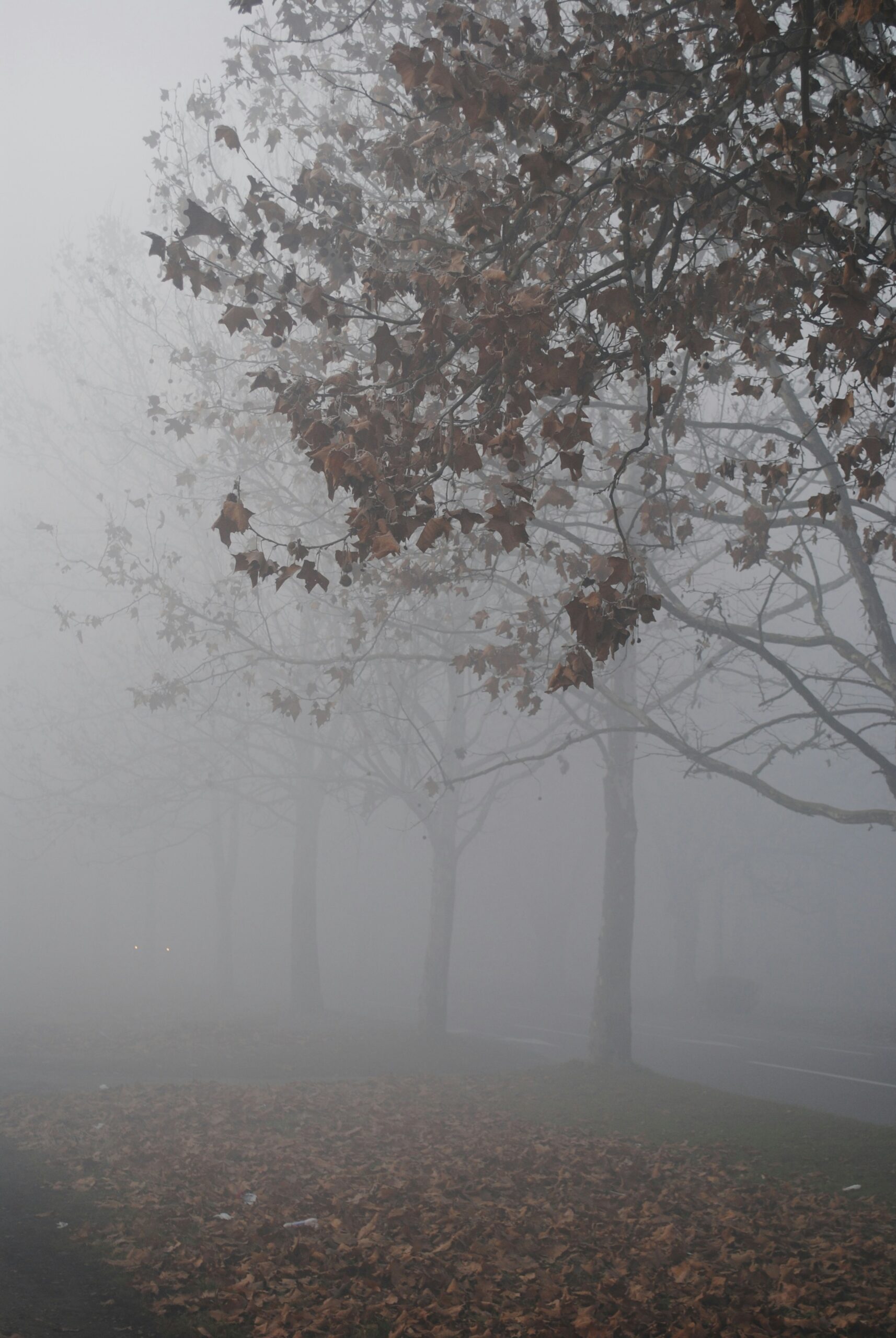Shortlisted for the Association of Nigerian Authors (ANA) Poetry Prize 2021, and a finalist for the inaugural Pan African Writers Association (PAWA) Poetry Prize (2022), Servio Gbadamosi’s sophomore collection, Where the light enters you (2021), is a syncretic imagining of fifty-one (51) poems, collected in seven sections and published by Noirledge Publishing, six years after debuting with A Tributary in Servitude (Winner of the ANA Poetry Prize, 2015). The poems are wide-reaching reflections of the poet’s general notion of his private and public life, his relationship with people, his immediate environment and his reaction to the challenges in his nation and the globe. Those who know Servio on a personal level, especially within the Nigerian literary community, are likely to appreciate the very first section of four poems which provides insight into his creative hiatus over a period of six years. Although he wrote short stories and poems which were published in anthologies like In the Middle of All This Fire: The Noirledge Anthology of Short Fiction, and Soro Soke: An #EndSARS Anthology, all of which were published by Noirledge Publishing in 2022. This section sheds light on the cultural importance of both Servio Gbadamosi and his publishing firm – Noirledge – which, in my opinion, represents a tree where many weaverbirds build their nests. Noirledge has had three transitions, from WriteHouse Collective, which he co-founded with some erstwhile allies and published some award-winning books, including A Tributary in Servitude, to Winepress Publishing, which he founded after WriteHouse disintegrated, and now, Noirledge Publishing, which is so-called because of the many expansions within the firm.
The first poem, ‘The Return,’ gives insight into the six years break and the many transitions thus: ‘I have sacrificed years to idols of my own/ Let me spend the rest blooming in your courts/ Spilling my blood on the altar of love…’ (12). Servio is a publisher with nearly a decade of experience, and many writers in Nigeria and beyond owe their exposure and literary inroads to him and his company. In his serving the needs of the many voices that approach him for light; playing his role as a husband and a father to two ebullient girls; and conducting his doctoral research at the University of Ibadan, it is surprising that he still finds the mental strength to write, given that the strains in these activities can lead a writer astray. The Japa syndrome has also had its toll on him and his firm, as some of his best editors, due to the prevailing circumstances in Nigeria, have had to seek fulfilment elsewhere. This has led to him being constantly in need of editors, and having to train and retrain newer ones to fill the gaps, and this is where the next poem, ‘Judas,’ provides a deeper understanding of the many battles, betrayals and setbacks the writer faced from friends and associates which nearly sunk him in the ocean of depression. But he stages a comeback in ‘Viaticum,’ waking from the ashes of shock and shame, anger and anguish, regrets and resignation – he reorganizes himself and his team and embraces his full calling as a writer, publisher, father/husband, scholar, and a rallying point of the cultural transformations within the Nigerian literary and publishing scene.
In the second section, Servio visits the inescapable theme of love, centring on family, as in the poems for his wife (For Adora), the very hilarious but lovely one dedicated to his first daughter, (With my daughter on a Sunday afternoon), and the soul-cracking one dedicated to his mother (Motunrayo’s song). These poems engage with the vulnerable side of Servio in the face of the three most important persons in his life. He, however, makes two philosophical but arguable statements in two other poems in this section. In ‘First Love,’ Servio declares that ‘First loves are Made in China…’ (25). In the Nigerian pop culture setting, Made in China is a reference to something of low quality and significance, a flash in the pan, sort of, and the general inauthenticity for which Chinese products are known. Equating first love to Chinese products may be a bit contentious to those who settled with their first loves but the context of his assertion is largely relatable. The second, rattling statement is one which may have been informed by some scientific finding in the titular, pro feminist poem, ‘All humans begin life in the womb as females,'(36). I am at a loss whether to agree or to disagree with Servio’s position but I find myself revisiting the poem because of its call for the better treatment of women all over the world.
Sections three and four projects Servio’s engagements with the soul of his republic and the larger global scape. Servio is at his dissident best in the poems in these two sections, questioning power, political ideologies, mocking and satirizing unpopular policies and decrying the many inconsistencies of the recent past administration: ‘Nigeria surrounds me with lies, deceit,’ he yells, in ‘A slum dweller’s testimony’ (57). In the poems: ‘My sins are telling my mouth what to say,’ ‘The moon is a sun whose light has dimmed,’ and ‘To the lizard which calls itself a crocodile,’ Servio smashes the myth of a Big Brother, of the justification of colonization, of racial and religious superiority while puncturing the arrogance of those who feel they are the best of mankind. The reeducation here is holistic and shocking and black activists would particularly find them idealistic, especially where he posits that: ‘I must be the product if I cannot see what my master sells’ (46).
Following the topicality of migration and the currency of its representations in pop culture as ‘Japa,’ Servio approaches the delicateness of the root causes in ‘My mind is no longer here’ and ‘The lore of waters.’ In the former, he cries that ‘Home becomes another name for pain/ when you love the one that kills you,’ (50) hence his conscience, acting as the devil’s advocate advises him to run like others: ‘Armageddon is coming–/ run, writer, run! Slave ships are here again/ run, writer, run’ (52). It is the fear of this coming Armageddon that scares the personas in the latter poem to seek escape by any means, even if through the deadly Sahara Desert.
Section five has the poet returning to personal feelings, giving life to the sights and sounds of his immediate environment, to the tears and laughter and hopes of the people he encounters in his daily living, especially in Ibadan. Section six contains poems of tributes to poets and other personages of remarkable impact and affection in his life and career as a poet. Here, he honours his friend and mentor, Niyi Osundare, as well as other forebears like Christopher Okigbo, Fela Anikilapo-Kuti, Kofi Awoonor, and Mary, his little niece whose untimely death shook the poet’s entire family. The last section is another return to the personal, but in this case, the self. Here, there are elements of self-loathing that are reminiscent of Tchicaya U Tam’si’s style of flipping the mirror on oneself to reassess life. This section offered Servio the license at self-evaluation, thus he walked away from himself to scrutinize what and who he really is and it was in this process that he discovered that his life is better than that of many of his countrymen, hence in the very last poem, ‘Pour my guilt upon this land,’ the poet chooses self-immolation, hoping that his sacrifice will rescue the rest of his countrymen from lack and death.
In Where the light enter you, the profundity of Servio’s artistry is manifest in the syncretism of his imaginations, approaching quotidian struggles and social politics in a measured tone and style that privileges logic and philosophy. Consequently, many cords were struck vis-a-vis family, friendship, love, loss, betrayal, hypocrisy, obstinacy, rebellion, and self-sacrifice, all of which coalesce to propagate his artistic mission of human and cultural revolutionizing. The brilliant poet, Su’eddie Vershima Agema, captures this submission in his blurb on the back cover that the collection ‘in many ways extends the cultural advocacy work of Servio Gbadamosi… whose voice and actions in poetry, as in real life, continue to make a profound difference.’
![]()
Reviewer’s Bio:
Ifèsinàchi Nwàdiké holds a BA and MA in English & Literature from Imo State University and University of Ibadan respectively. He is a rapper, singer, actor, presenter, essayist, playwright, and poet. His debut poetry collection, How Morning Remembers the Night was First Runner Up, Association of Nigerian Authors Poetry Prize, 2020 and was Longlisted for the inaugural Pan-African Writers Association Poetry Prize, 2022.
A 2018 Ebedi International Writers Residency alumnus, his works have appeared in , Nokoko: Canadian Journal of Pan African Wisdom, Ake Literary Review, Kalahari Review, Olongo Africa, Brittle Paper, Ngiga Review, Lunaris Review, Black Boy Review, Libretto, BookArt Ville, Praxis, Wreaths for a Wayfarer: Anthology in Honour of Pius Adesanmi, The African Writer, The Sun News Literary Supplement, Association of Nigerian Authors Anthology, and elsewhere. His essay “The Ludicrousness of Ungodly Things” (Kalahari 2021) was listed in Afrocritik’s 20 Remarkable Essays of 2021. He is the Founding Editor of Ngiga Review.
- A Review of Love Grows Stronger in Death Anthology by John-Paul Kunrunmi - January 13, 2025
- [Photos] A Delightful Night of Poetry: Nasiba Babale’s ‘Pickled Moments’ Debut in Abuja - September 9, 2024
- FOR RICHARD ALI: A BIRTHDAY MESSAGE - September 3, 2024












Leave a Reply